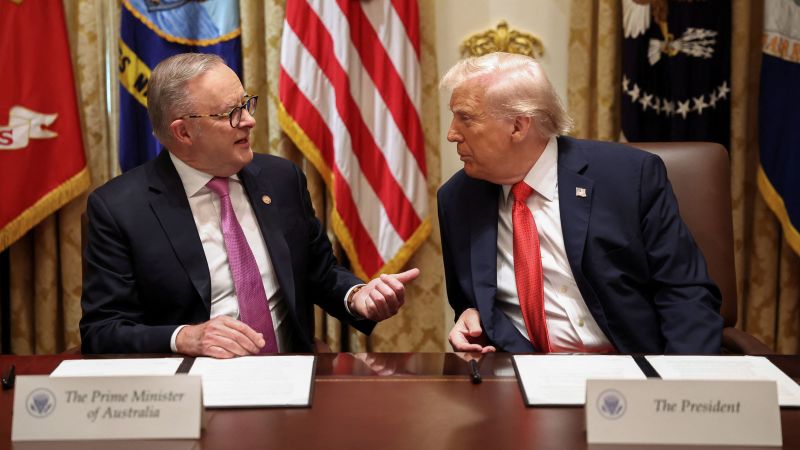The Federal Pay Stalemate: Insights from Senator Tommy Tuberville
The Current Standoff
The ongoing stalemate on Capitol Hill regarding federal workers’ paychecks has reached a critical juncture. GOP Senator Tommy Tuberville recently highlighted a significant concern: the implications of paying federal employees during this impasse. According to Tuberville, providing paychecks amid the deadlock would relieve the urgency for lawmakers to negotiate a resolution.
Understanding the Shutdown
In a discussion about the Democrats’ proposals to maintain payment for all federal workers, including those furloughed, Tuberville made it clear: “Well, it’s called a shutdown.” He argues that if lawmakers begin to distribute paychecks, the incentive for compromise diminishes, leaving little motivation for either side to reach an agreement. This reflects a broader perspective within his party about the delicate balance of pressure and negotiation in times of legislative discord.
Managed Expectations
Senator Tuberville believes in maintaining the current status quo regarding federal pay during shutdowns—particularly advocating for military and law enforcement personnel to continue receiving their salaries. He stated, “Everybody else, shut it off,” emphasizing a need to prioritize essential services without alleviating the financial pressures on non-essential roles. This stance illustrates a contested viewpoint on how to manage government responsibilities amidst crises.
Legal Framework and Consequences
Legally, furloughed employees are guaranteed back pay once operations resume; however, a prolonged shutdown could stretch this to weeks of unpaid leave for hundreds of thousands of federal workers. Tuberville’s comments on the responsibility to find a solution underscore the urgent need for negotiation and compromise, particularly as many employees face financial uncertainty.
The Need for Negotiation
“There’s got to be some give and take here,” Tuberville asserted, emphasizing the importance of dialogue in resolving the budgetary deadlock. His call for negotiation reflects a recognition of the pressing needs on both sides of the aisle. The atmosphere surrounding these discussions is fraught, with the potential for public outcry growing, particularly if the stalemate continues.
Economic Ramifications
On a broader scale, Tuberville projected that Americans would react vehemently to prolonging financial assistance measures without due consideration for the economic implications. He expressed concerns about the costs associated with continuing enhanced Affordable Care Act (ACA) subsidies, cautioning that Americans could “be screaming bloody murder” if Congress fails to address the potential fallout on the U.S. economy.
Critique of the Affordable Care Act
Despite acknowledging the potential increase in health insurance premiums for his constituents, Tuberville reiterated his critical stance on the ACA, labeling it as a law that has “ruined our health care system.” He argues that while efforts to subsidize healthcare are intended to assist those in need, they have exacerbated the situation, placing undue strain on the overall system and contributing to financial instability.
Balancing Act of Governance
As tensions mount on Capitol Hill, the narrative surrounding federal worker payment and the ACA draws attention to the complex interplay of politics, law, and public welfare. Senator Tuberville’s remarks serve as a reminder of the inherent challenges lawmakers face in balancing economic realities with the need for effective governance in times of crisis. The continued dialogue around these issues is crucial for understanding not only the present situation but also the broader implications for future legislative actions.



